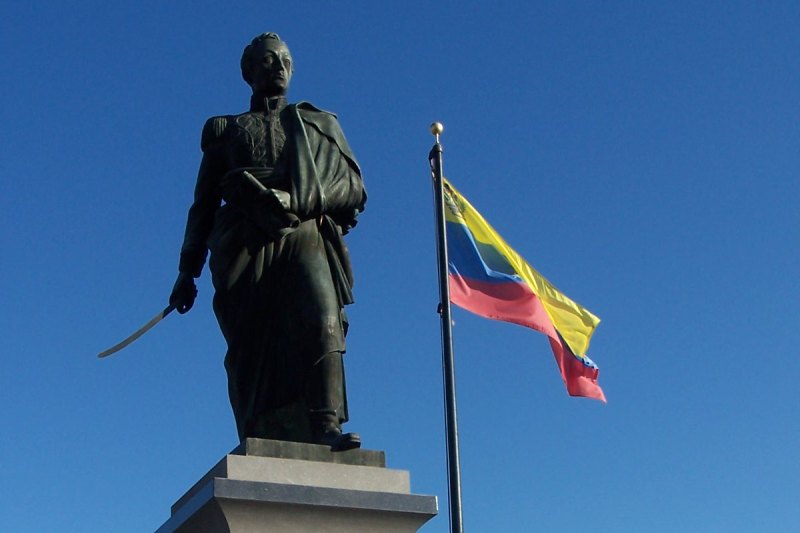
In spite of the attention-grabbing headlines, Venezuela’s new cryptocurrency, the Petro, has hit another snag, as the U.S. Treasury Department is once more sounding the bell to remind the country’s investors about the sanctions that it maintains on the South American country.
“Available information indicates that, once issued, the petro digital currency would appear to be an extension of credit to the Venezuelan government,” the Treasury department said in a statement.
President Maduro has already confirmed this sense before, though the entire deal about the U.S. sanctions was ignored. He said that Venezuela, with its high debt load, is creating its own Bitcoin-like cryptocurrency, that would be backed by the country’s oil riches, mainly to defeat the financial blockade.
Although most of the sanctions apply to certain specific Venezuelan individuals, they pretty much bar American investors from touching the newly-issued virtual coin since it constitutes, in essence, a government debt issuance.
Venezuela’s president Nicolas Maduro claimed earlier this week that his country managed to raise $735 million in the first day of the Petro’s pre-sale. However, U.S. officials say that such investments are off limits as restrictions remain status quo.
In the meantime, some analysts argue the vast majority of perto frenzy is either a scam or far too ambitious for their own good. That doesn’t mean no cryptocurrency will launch, but it is evident things will come to a head sooner rather than later.
According to Alejandro Machado, a Venezuelan software developer and writer, the petro hasn’t raised a dime. Alejandro analysed NEM blockchain (the network for transferring PTR) to reveal that there have been zero transactions as all petros are controlled by one address. So how exactly did they raise that much money?
Back to the Treasury Department’s warning, the authority sees the Petro as an extension of credit to the Venezuelan government. Because of that, it could expose American citizens to legal risks as they are not permitted to invest in any Venezuelan government entity for a period longer than 30 days.
The relevant regulation reads:
Subsection 1(a)(ii) of E.O. 13808 prohibits engaging in transactions related to, providing financing for, or otherwise dealing in new debt with a maturity of longer than 30 days issued by, on behalf of, or for the benefit of any other segment of the Government of Venezuela, its property, or its interests in property. That subsection further prohibits engaging in transactions related to, providing financing for, or otherwise dealing in new equity issued by, on behalf of, or for the benefit of the Government of Venezuela, its property, or its interests in property, which includes PdVSA.
(Photo: J. Stephen Conn, flickr)

